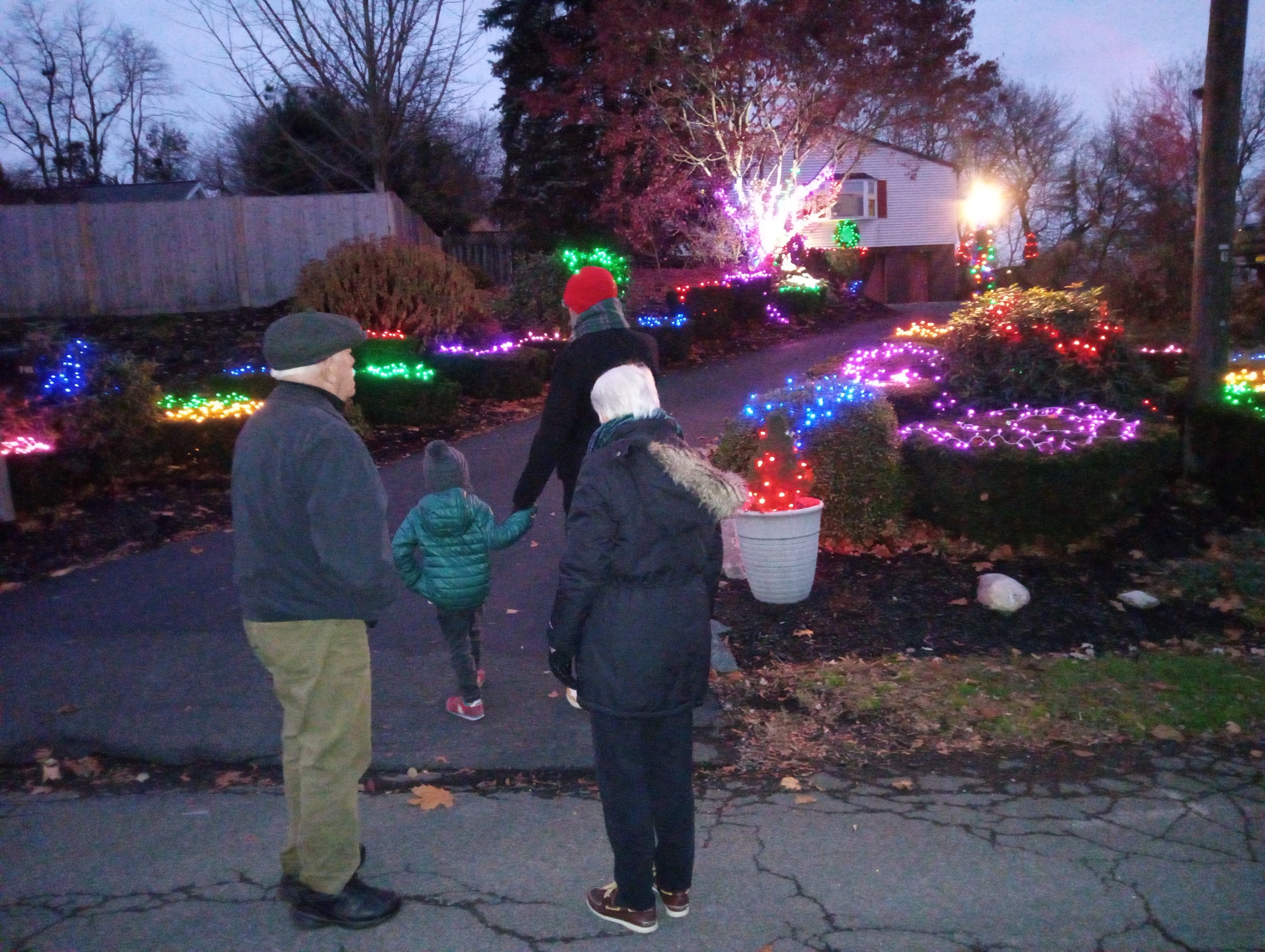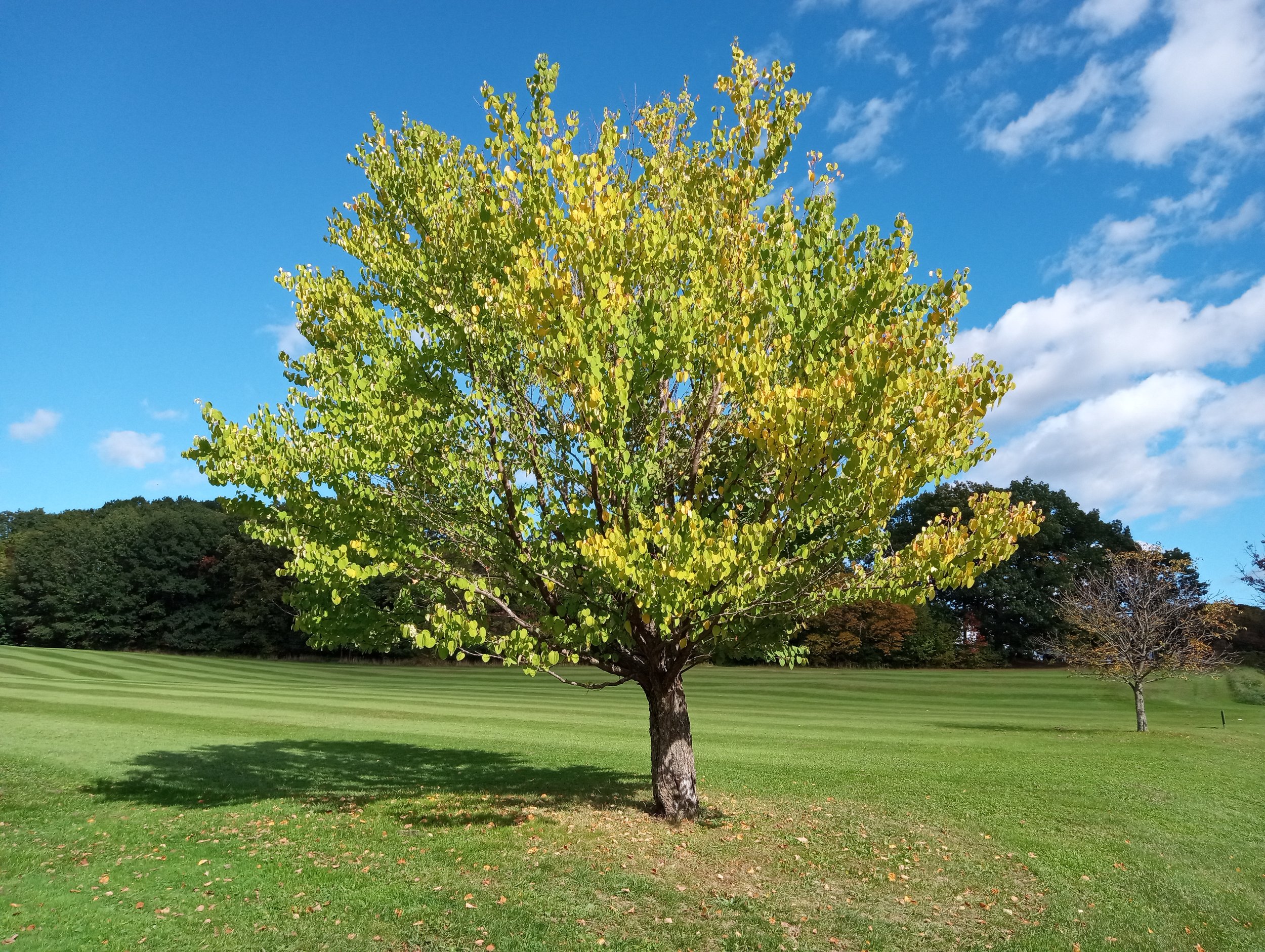Holiday Gift Guide for Scholarly Writers (Spoiler: Contains Books!)
With the holiday season upon us, I’m happy to publish my second annual scholarly gift guide. Do not be surprised that it contains books! I base my picks off of books that I read in the last year or so that pertain to scholarly life, especially academic writing. If you know a faculty member or graduate student, they probably either love writing, hate writing (but have to write), think their writing should be better, or obsess about their writing. Or maybe all of the above! So you can’t go wrong with a book on writing!
Below I provide a brief review of each book and give you a sense of what kind of writer they would be best for so that you can select one that will resonate with your scholarly writer. These gifts would also be great for your favorite academic editor, or go ahead and treat yourself. And see last year’s list for even more ideas!
The Dissertation-To-Book Workbook: Exercises for Developing and Revising Your Book Manuscript (Katelyn E. Knox and Allison Van Deventer, University of Chicago Press, 2023). This is at the top of my list because it was my favorite book on scholarly writing that I read this year. I am a practical thinker and find concrete exercises useful in my own writing and thinking. As the name implies, this book’s chapters are centered around a series of exercises that will help authors figure out the conceptual organization of their books. They help you determine what principle organizes your book, what questions your book asks, and how each chapter answers these questions. Then, almost without you realizing it, they help you figure out your overarching argument and contributions (a truly magical move!). It will take time to thoughtfully work your way through this book, but I tell my clients that it will ultimately make your life easier in the long run. If you turn to your book with a clear sense of what it and its arguments are about, you will be able to better focus your writing, thinking, and revising.
Who it’s best for: Although the book’s title references dissertations (and it certainly is useful for anyone who is turning their dissertation into a book), it is also helpful for scholars who are drafting second or third books. The authors recommend that you have 50 percent of the manuscript started before you use the book so give this to academic writers who are fairly far along in their writing, but who could use some support in honing the argument and structure of their book (note, this is almost every writer!).
Writing Your Journal Article in Twelve Weeks: A Guide to Academic Publishing Success (Wendy Belcher, second edition, Chicago UP, 2019). The first edition of this book came out in 2009 and literally everyone who writes about scholarly writing cites this book (multiple times). But I have had a hard time picking it up. It’s over 400 pages and they are 8.5x11 inch pages with small font. You have to commit to reading this book. But once you do, you will know literally every single thing you could possibly need to know about journal articles: how to write them, revise them, and publish them. Blecher digs in deep, providing in-depth advice about how to select a journal for your piece, how to avoid your article getting rejected, and how to craft compelling significance statements. She offers a lot of concrete tools to help with the drafting process too, including worksheets on evaluating journals, analyzing and evaluating your citations, and providing useful feedback to others. If you are willing to spend a lot of time with this book, you will vastly improve your knowledge of how to write an effective journal article and how to navigate the publishing process. I should have read it long ago!
Who it’s best for: Did I mention this book is long? Like, really long? So give this to an academic friend who won’t be too intimidated by that. Every postdoc who doesn’t have heavy teaching abilities should spend a semester working through this book. So should folks who aren’t overwhelmed by teaching in their first year or two of a tenure-line position. Readers could also dip into specific sections, so it also could be appealing to writers who might want to learn more about specific aspects of article drafting and journal publishing.
Making Time to Write: How to Resist the Patriarchy and Take Control of Your Academic Career Through Writing (Cathy Mazak, Morgan James Publishing, 2022). Mazak’s book tackles the anxiety and stress that so many academics experience head on (see the title!). A writing coach herself, she shares her ideas about how to prioritize your writing and make time for it. She talks you through how to identify times when you write best, how to plan for and deal with times of the semester when it is hard to get writing done, and how to set healthy boundaries that protect you and your work. The book focuses on pushing back against the patriarchy on an individual level; Mazak ultimately argues that if we can find ways to make our writing work for us, we will be happier and healthier and better able to activate other kinds of change.
Who it’s best for: This is best for your academic friend who is pretty stressed out. The one who talks about the writing that they want to do, but never gets around to it. It will also be useful for scholars who are sick of the academic system since Mazak provides some tools to analyze it and resist it.
Stylish Academic Writing (Helen Sword, Harvard UP, 2012). This is a gorgeous, evidence-based book that helps provide guidance on how to write in ways that help get authors’ points across and engage the reader. Sword analyzed 1,000 journal articles in a range of disciplines to help determine what writers do poorly and what they do well. Chapters dig into various aspects of scholarly writing (“Tempting Titles”, “Jargonitis”) and give clear practical advice about how to improve your writing. She urges writers to use personal pronouns to help make the writing more engaging, draft sparkling first paragraphs that make readers want to read on, and tell a compelling story throughout the work. And she helps explain how to do these things. Sword is an excellent writer herself so the book is clear and easy to follow. It’s a real classic, and rightly so.
Who it’s best for: This is a great pick for your academic friend who truly wants their writing to be more widely read. Or for someone who wants to improve their writing, but who doesn’t have the time or interest to take a class. It’s also great for the kind of friend who wants to make evidence-based decisions about their writing. The book is chock-a-block full of evidence.
Revise: The Scholar-Writer’s Essential Guide to Tweaking, Editing, and Perfecting Your Manuscript (Pamela Haag, Yale UP, 2021). This book provides useful insights on how to revise your own work. This task can be difficult since authors are often so deeply enmeshed in their writing that it can be challenging to evaluate it. Developmental editor Haag will help you see your writing anew by talking you through a variety of areas that often need revision, including how to get theory across clearly and deal with jargon, how to improve sequence and flow, and how to shorten. Most academic books on writing aren’t too snappy, but Haag includes just enough snark to keep you engaged. The book walks you through a list of 90 ways to address writing issues with memorable categories like “Tofu Syndrome: When Your Writing Takes on the Flavor of Primary Sources” and “Throat-Clearing, or Warm-Up Prose.” She fills the book with clear examples from manuscripts that she has developmentally edited to help readers understand how the suggested revisions make the text stronger.
Who it’s best for: As the title implies, this book is intended for scholars who need to revise their work. But it could also be useful for anyone who wants to learn more about scholarly writing. The list idea is nice though unfortunately there isn’t a good table of contents to help you navigate it. Ninety suggestions can also feel like a lot, so this book might be best for a more seasoned writer who is already somewhat confident in their work, but who wants to improve their writing even further.
*****
And that’s a wrap for this year’s list. Now go out and nab these gifts for your favorite scholarly writers. And if you still need a bit more inspiration, here are some of the books that I hope to read in 2025:
The Grant Writing Guide: A Road Map for Scholars (Betty S. Lai, Princeton UP, 2023)
Writing with Pleasure (Helen Sword, Princeton UP, 2023)
Black Feminist Writing: A Practical Guide to Publishing Academic books (Stephanie Y Evans, SUNY Press, 2024)
Becoming the Writer you Already Are (Michelle R. Boyd, Sage, 2022)
Professors as Writers: A Self-Help Guide to Productive Writing (Robert Boice, New Forums Press, 1990)
Academic Writing as if Readers Matter (Leonard Cassuto, Princeton UP, 2024)
Also, I’d love to hear what books you loved about scholarly writing this year! And if you are looking to tackle writing with others, you might check out one of my scholarly writing groups (starting soon!).
So happy gifting and reading and I’m wishing you a wonderful holiday season.
*****
Like this blog post? Please subscribe below to receive notifications about future posts. And looking for more writing support? Consider joining one of my scholarly writing groups!






























